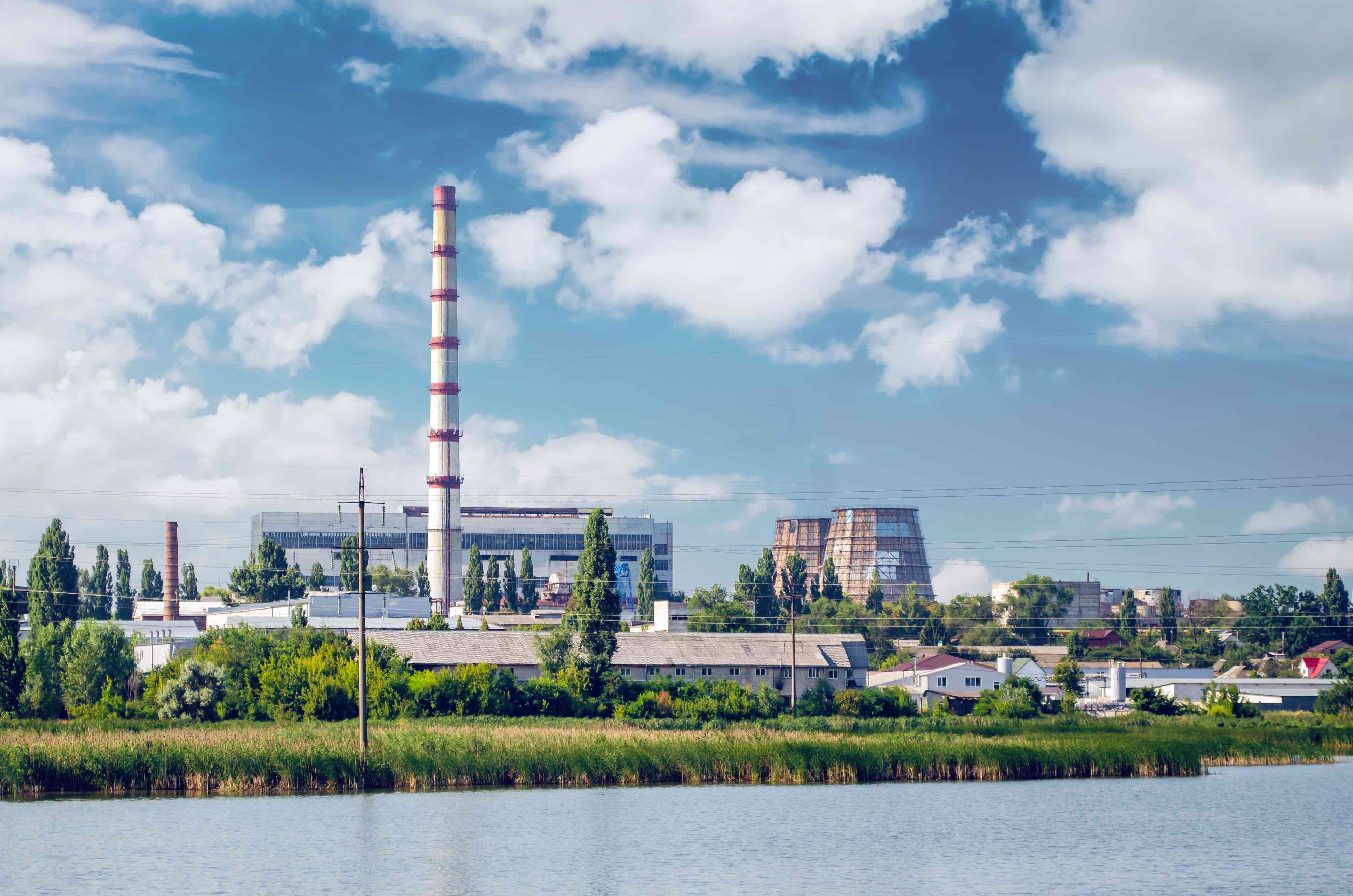ESG plans (Environmental, Social, Governance) are the focus of over 75% of the strategic agendas of large European companies. This trend, increased by the Covid-19 pandemic, has concentrated mainly on metrics, specifically on how to measure the impact of investment in ESG components.
According to the Stanford Social Innovation Review, the essential issue is the weight given to each ESG factor. This issue is relevant for sustainability ratings and metrics in general. Still, it also points toward people, and by extension, the social sphere, to position them at the core of ESG agendas. In stages of business growth, the ESG social agendas focus on the strategic design and execution of plans for capillarisation of the company’s ESG culture, committed leadership projects and even the review of codes of conduct in light of sustainability commitments.
What happens to the ESG agenda in scenarios of corporate restructuring
When companies go through a stage of necessary restructuring, instead of parking or in the worst case abandoning social agendas, those with a more significant ESG commitment increasingly decide to undertake socially responsible restructuring. This trend is more pronounced when the company decides to cease activity and dismantle a production centre or a service unit with a strong impact in terms of job losses and economic and social consequences on the community.
At this point, Reindustrialisation or Territorial Revitalisation projects have to be designed by companies to minimise the social impact of decisions to knock-down business units and cease activity.
In this sense, anticipation is the key driver: designing a process that, through the search for and closing of agreements with other companies with investment projects that generate employment and economic activity, allows the maintenance of business activity and jobs in the affected area.
Current trends indicate that this process will progressively shape companies' ESG agendas. Its implementation requires a strategic vision for process design in its various phases:
Avoid social washing
Avoiding the habitual consideration of these projects as "Social Washing" must be one of the objectives we consider in the anticipation phase. This implies integrating strategic axes of responsible restructuring before they take place, or even before the decisions to close or relocate business units have been made and, of course, before their public communication.
Therefore, the impact analysis metrics of the closure projects allow the social agenda to be also business-oriented, given that the intended objectives must have a specific return for the company that undertakes them. Once again, anticipation pays off for the company that is restructuring.
The benefits of articulating a social agenda in restructuring are mutual for the company and for the community in which it impacts:
Comparing business innovation models, this type of project adopts a quadruple helix model, shaping a complex game area where companies, public administrations, workers, and the impacted community are actively involved.
The right criteria matters when measuring success
After the approval of the so-called Loi Florange in 2014, the French regulated model introduced a certain rigidity and legal conditions into the restructuring processes with a strong territorial impact, especially in terms of job losses. Unlike this, the Spanish model has successfully incorporated socially responsible reindustrialization projects into the agendas of large companies with restructuring plans.
As in most European countries, there is no legal obligation to undertake specific plans in the social agenda in restructuring cases, but the number of companies that have launched such programmes has increased exponentially in recent years.
Successes are quantified by business activity, the survival of production units and the impact of the new activity on the pool of supplier companies and customers. Moreover, the number of direct, indirect, and induced jobs maintained in the area of influence, from when activities cease and the following years.
Factors to undertake this type of project with guarantees are:
If we consider a sectoral approach, there are successful projects in sectors ranging from consumer goods companies, energy companies, companies in the automotive sector, metal components, machinery and capital goods, and even banking and financial services.
We already have leading companies
Companies such as Enel/Endesa have known how to balance the impact of their new investment projects in renewable energies with that of their closures of coal-fired power plants through impact analyses, alignment with local stakeholders, and the attraction of business investment generator of employment, and they have developed it both in Italy and, above all, in Spain.
Other companies such as Robert Bosch, Valeo, Delphi Diesel, General Electric, Autoliv, Schindler, Banco Sabadell, Nissan Motor and Prysmian General Cable, among others, have developed good practices in unregulated contexts.
The complex match of current business investment trends (greenfields, nearshoring, diversification processes) with the need to transform and restructure companies to maintain profitability and growth is the key to developing the Social ESG pillar in restructuring cases.
And European companies have to lead this trend, mainly in light of the current business investment reshoring processes from Southeast Asia to Europe and the US. Without a doubt, this is the right time to expand the scope of companies’ Social Agenda.
About the author behind the article
Juan Berbel is a partner in Barcelona with experience in both the private and public sectors. He is a consultant specialising in complex M&A projects and business restructuring from a social perspective.
